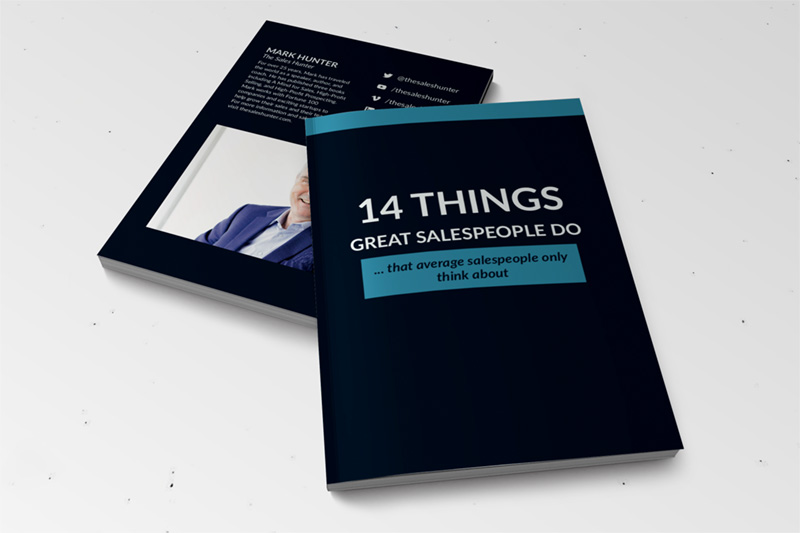You can make an annual plan, but your plan’s got to be executed. It can’t just be a dream. It must include things you know you can achieve.
So what are the elements to consider when you draw up next year’s plan? Here are 8 things every annual plan needs.
I share even more in this month’s masterclass. Click here to learn more and get started making your most powerful plan yet.
1. Resources
What are the resources that you need to help you build your plan? These might be referral partners, channel partners, or a network. It might be subject matter experts. Take some time to brainstorm. What do you need to help you?
Once I’ve established what I need, how are you going to get it? It’s time to get specific.
What’s the time frame? Because maybe I identified subject matter experts as a required resource, but this person, or this slot in the company’s not going to be hired until the third quarter. So, how am I going to get by without this subject matter expert? Perhaps I’ve got to go out and create a referral network, or create a mastermind group.
Determining resources then requires action to acquire them.
Read more about 9 things your should consider before making your annual plan.
2. Major existing customers
With regards to your major existing customers, what are their major opportunities and their potential risks? Because this is the foundation of the business I’m working on.
This will also help me identify my next point: prospects.
3. Identify prospects
Now, I may have prospects I’ve already identified, but where am I going to find the other ones? I’ve got to figure out where I can go to create more and get more prospects.
4. Selling strategy
Are there elements that I need to change in my selling strategy?
Are there new tools I need to bring into play?
Is there a different way that I may need to do the online demo?
Is there a different way that I need to offer up these infographics, or this material?
Are there different questions I should be asking?
5. Prospecting Strategy
I break selling strategy apart from prospecting, because you have to have a focus on both. Those who only focus on the selling strategy, as a result, don’t prospect. Or conversely, they have a prospecting strategy, they fill the top of the funnel, but they can’t pull it through. It’s wise to evaluate both strategies.
6. New opportunities
Where are new opportunities? They could be in a variety of different places. From new industries to new geography, or even an existing customer who’s got five other divisions that I haven’t talked to. I want to identify them.
7. Value proposition
Do I really know what my value proposition is, and do my customers view it the same way? I challenge salespeople all the time on this, and it’s amazing how many times they can’t articulate it clearly.
If you can’t explain your value proposition in 15 seconds or less, you don’t know what it is, and there’s no way a customer’s going to understand it either.
8. Point of difference
What’s the point of difference between you and the competition?
Start by determining: are you educating or are you converting? For converting, I’ve got a better widget than these other people do. If I need to get you into a new way of doing business, or a new way of doing something, I’m educating.
Knowing the difference and acting on it will help set you apart from your competition.
I have one goal. I want you to have the most successful year possible.
But here’s the deal, you’ve got to take the time to build out your plan. I share a lot more guidance and know-how in this month’s masterclass: Annual Planning: Sales Success in 2022.
This course provides the structure you need to cover each element a great annual plan needs. The questions I ask you in this course you won’t hear from your manager, or colleagues. The work you do in the masterclass will set you apart from your peers–and the competition.
AND I’ve bundled this Masterclass with my Goal Setting Masterclass–you get both for $59!
Let me help you be one step ahead next year. Check out the full course contents of Annual Planning here.
Copyright 2021, Mark Hunter “The Sales Hunter” Sales Motivation Blog. Mark Hunter is the author of A Mind for Sales and High-Profit Prospecting: Powerful Strategies to Find the Best Leads and Drive Breakthrough Sales Results.
linkedinyoutubetwitterfacebookinstagrampinterest
















